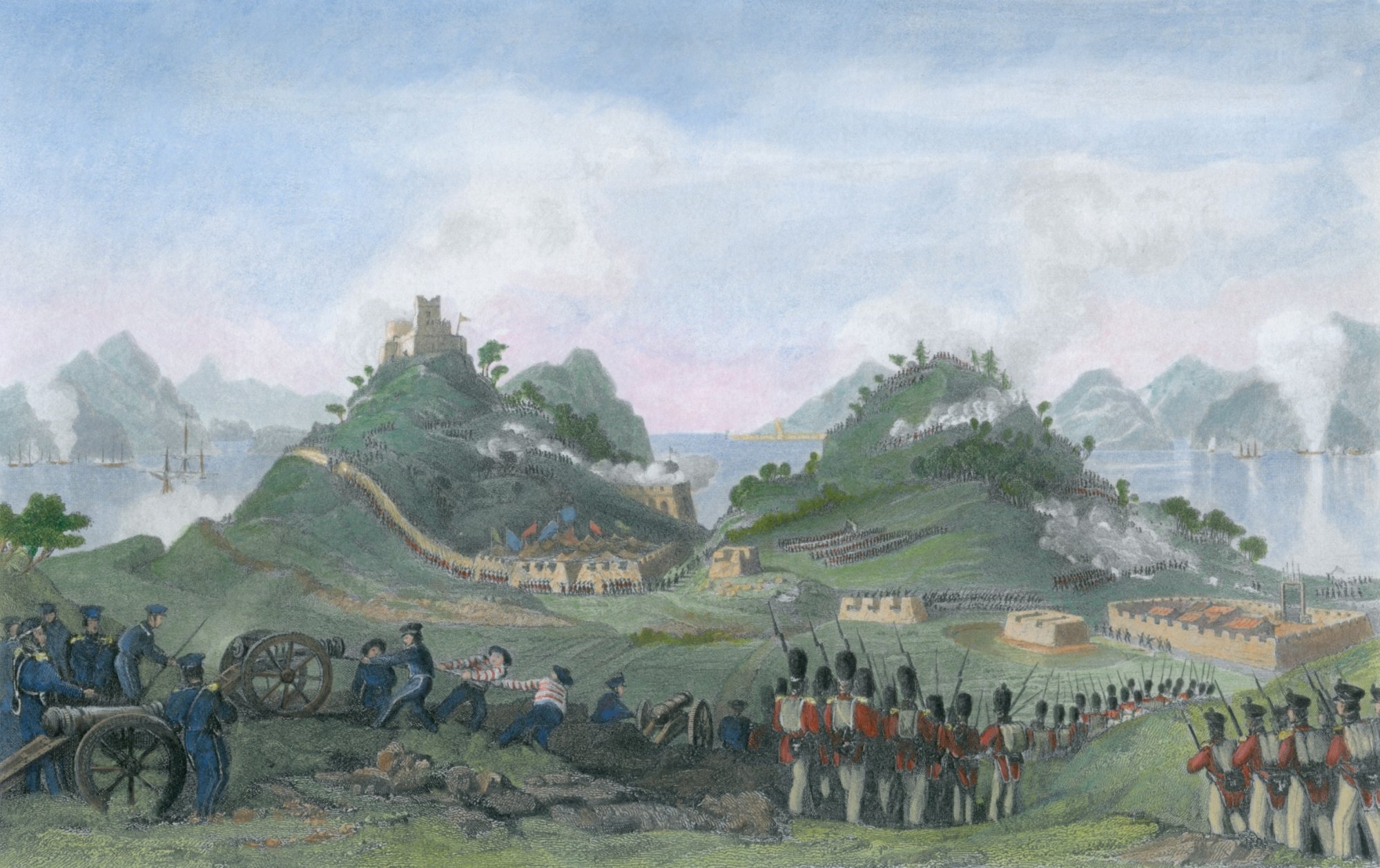Japan fumes over drug scandal at Nihon University as hardline views against users persist

[ad_1]
A second search in early August of other rooms at the dorm in Tokyo’s Nakano Ward uncovered 19 milligrams (0.019 gram) of marijuana and 198 milligrams (0.198 gram) of a stimulant narcotic in a separate room of a student who was also on the football team.
700kg ‘ice’ haul sparks fears of Japanese yakuza links with Chinese triads
700kg ‘ice’ haul sparks fears of Japanese yakuza links with Chinese triads
A third-party investigation concluded that the university’s top two officials failed to report the initial discovery of drugs on the campus to police for 12 days, claiming the leadership “did not function at all”.
Sakai and Sawada told the university late on Monday that they would step down over their handling of a case that is being played up as a major scandal in the domestic media. Sakai’s resignation took effect immediately while Sawada is slated to leave at the end of the academic year in March.
Earlier on Monday, Sawada filed a lawsuit against Mariko Hayashi, the chair of the board of trustees, accusing her of “power harassment” and forcing him to resign.
Sawada claimed he was forbidden to attend important internal meetings over 16 days while the inquiry was taking place and alleged that Hayashi lied to him that he was the subject of a police investigation, the Asahi newspaper reported. Sawada is seeking 10 million yen (US$67,000) in damages.
Malaysians lament end of holiday highs as Thailand considers cannabis U-turn
Malaysians lament end of holiday highs as Thailand considers cannabis U-turn
In the wake of the investigation, Hayashi also agreed to take a 50 per cent pay cut for six months, while the university’s American football team suspended training and matches. On Wednesday, Kyodo News reported that the team, founded 83 years ago, had been disbanded. Known as the Phoenix, the club won the Koshien Bowl, the top national collegiate competition in the sport, 21 times and the Rice Bowl, the title game between the country’s corporate and collegiate champions, four times.
‘Firm’ attitudes
The media attention over the scandal reflects Japanese society’s hardline stance on drugs – even those that are legal in several US states and countries in Europe, where they are considered recreational or “soft” drugs.
“It is actually quite hypocritical when you think how easy it is for anyone to buy alcohol in Japan or even get hold of these sorts of drugs, even though they are completely taboo in this society,” said a foreign academic working at a Japanese university, who declined to be identified. “Social and official attitudes towards drugs are very firm in this country.”
One theory is that Japan and other countries in East Asia were closely involved in the opium wars of the mid-19th century, which might have hardened societal attitudes against drugs. The Japanese military also provided stimulant narcotics to troops during World War II, a dark chapter in the country’s history that most Japanese prefer to sidestep.

“The phobia that surrounds drugs in this society means that for a university, this is absolutely a reputational issue, and it has less to do with the drugs – or the relatively small amounts of drugs – that were found,” the foreign academic told This Week in Asia.
Izumi Tsuji, a sociology professor at Chuo University and a member of the Japan Youth Study Group, said the scandal reflected the vast differences in attitudes towards “soft” drugs in Japan and the West, but also how blame is apportioned when a scandal erupts.
“In other countries, punishment for using drugs would be on the individual involved rather than the collective, in this case, the team and the head of the university,” Tsuji said. As a consequence, the entire university is being punished, he said, as reflected in the media reaction to the scandal.
The liberal Asahi newspaper wrote in an editorial on November 15 that “scandal-beleaguered Nihon University is at a critical crossroads. For the university to reform itself, there can be no avoiding taking a good, hard look at the very nature of competitive sports”.
Japan baffled by ‘inexplicable’ refusal of Russian envoys to pay parking fines
Japan baffled by ‘inexplicable’ refusal of Russian envoys to pay parking fines
It concluded: “There is not much time left for Nihon University to recover its lost credibility and regain its normal state.”
The conservative Yomiuri also weighed in, claiming the university had “ignored common sense”.
Sociologist Tsuji said the case would inevitably have repercussions for the students involved, as many members of sports teams relied on an “old boys’ network” to secure jobs after graduation.
“It seems extremely likely that these students will be expelled from the university, they will find it difficult to find a place elsewhere as their names will be known, so this is going to influence the rest of their working lives,” he said.
Chinese imports of Japanese carp halt after authorities fail to renew paperwork
Chinese imports of Japanese carp halt after authorities fail to renew paperwork
There is little sign of attitudes towards narcotics changing in Japan, according to Tsuji.
“Our entire society is completely against even ‘soft drugs’ being considered in the same way as they are in the US or parts of Europe,” he said. “I do not see that changing any time soon.”
Senior officials at universities across Japan, “will be closely watching all the developments in this case”, said the foreign professor.
“I fully expect that every university will be reiterating their position on drugs in the next couple of days because nobody wants to be the next university to have their name sullied by a drugs scandal,” he added.
Additional reporting by Kyodo
[ad_2]
Source link





